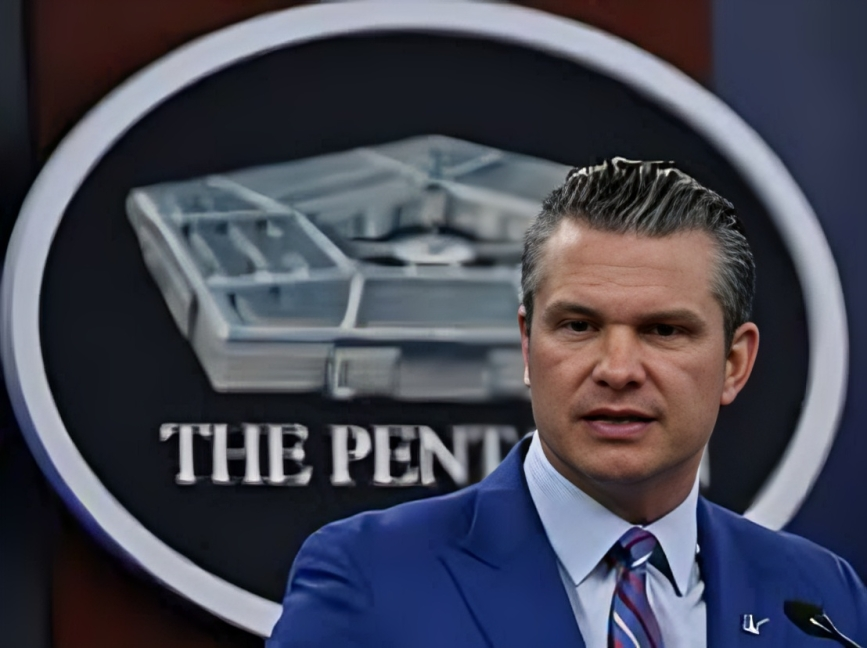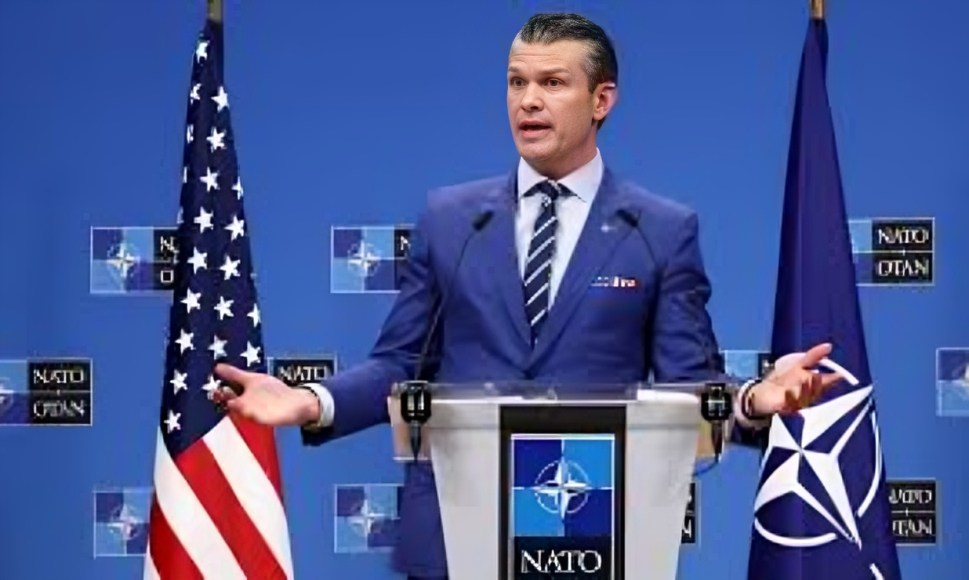In a surprising and controversial move, the United States Department of Defense has temporarily halted weapons transfers to Ukraine, citing a severe depletion in its Patriot missile stockpile. This unannounced decision by Defense Secretary Pete Hegseth, reportedly made without informing the White House, has sparked internal tensions in the Trump administration and confusion among NATO allies and Ukrainian officials.
According to The Guardian and CNN, the Pentagon has just 25% of its required Patriot missile inventory left—an alarming level driven by intense use in the Middle East and recent retaliatory operations against Iran. Here’s a full breakdown of the crisis, the political fallout, and what it means for Ukraine and future U.S. defense posture.
Why the US Halted Patriot Missile Transfers
The decision to pause shipments stems from a rapidly depleting inventory of Patriot missiles, critical for defending against ballistic and cruise missile threats. A Pentagon review, led by Deputy Secretary of Defense Stephen Feinberg, found that only a quarter of the stockpile remained—insufficient to meet U.S. global commitments.
The shortage has been fueled by:
- Increased deployment in the Middle East, particularly to protect U.S. allies like Israel and Saudi Arabia.
- Recent U.S. military operations against Iran, especially the retaliatory missile strikes following the U.S. airstrike on Iranian nuclear infrastructure in June 2025.
- Emergency use in intercepting Houthi missile attacks on Gulf bases and Red Sea shipping lanes.
During the Iran confrontation, the U.S. reportedly fired 30 Patriot missiles to defend key installations such as Al Udeid Air Base in Qatar, straining the system’s capacity and production cycle.
Pete Hegseth’s Unilateral Action Triggers Backlash
According to CNN, Secretary of Defense Pete Hegseth made the critical call to suspend the arms shipments to Ukraine without prior approval or coordination with the White House. This move, taken amid ongoing Russian advances in eastern Ukraine, led to internal confusion in the National Security Council and caught officials off-guard.
Even US Special Envoy to Ukraine, Ret. Gen. Keith Kellogg, and Secretary of State Marco Rubio—who also serves as National Security Adviser to President Trump—were unaware. They only learned about the freeze from media reports, sources confirmed.
This marks the second instance in 2025 where Hegseth has halted weapons aid to Ukraine without consultation, raising questions about a potential disconnect between the Pentagon and the White House on foreign policy execution.
White House Responds: Trump Was Not Informed
White House Press Secretary Karoline Leavitt downplayed the confusion, stating,
“The Pentagon conducted a review to ensure all support going to foreign nations aligns with America’s strategic interests.”
However, during a Cabinet briefing, President Donald Trump appeared surprised by the decision and said:
“I don’t know. Why don’t you tell me?”
Later, in a phone call with Ukrainian President Volodymyr Zelenskyy, Trump reportedly clarified that he did not order the halt, but had instead called for a general review of U.S. weapons stockpiles, especially the high-demand missile systems.
Trump Reverses Course – Partial Resumption Approved
In a diplomatic dinner with Israeli Prime Minister Benjamin Netanyahu, President Trump seemed to partially walk back the halt, telling reporters:
“We will send some more weapons.”
While he didn’t specify whether Patriot systems would be included, his comments suggest the administration is reconsidering the total freeze and may allow selective shipments to continue—especially as Ukraine faces escalating aerial attacks from Russia.
Strategic Concerns: Depleted Stockpile Threatens US Military Readiness
Defense analysts have warned that the U.S. risks compromising its own military readiness by sending too many advanced systems abroad without boosting production capacity.
Elbridge Colby, Under Secretary of Defense for Policy, submitted a classified memo recommending “strategic conservation” of missile systems and advising a temporary reassessment of foreign military assistance until inventories stabilize.
The Raytheon-manufactured Patriot system takes months to produce, and current manufacturing output cannot match the surge demand, especially as the U.S. ramps up support for Middle East allies and maintains a deterrent posture in the Indo-Pacific.
Ukraine Reacts: Calls for Continued Support
Ukrainian officials expressed dismay at the sudden halt. President Zelenskyy, who had been lobbying the U.S. for additional air defense systems, said the timing of the decision could weaken Ukrainian defenses during a critical phase of Russia’s summer offensive.

“We rely on American leadership to stop aggression,” said Ukrainian Foreign Minister Dmytro Kuleba. “We need clarity, not confusion.”
Ukraine has already lost significant ground in the Donetsk and Luhansk regions, and Patriot systems were key to intercepting Russian ballistic missiles targeting critical infrastructure in Kyiv and Odesa.
Ranbir Kapoor Invests In Ramayana Studio Prime Focus


